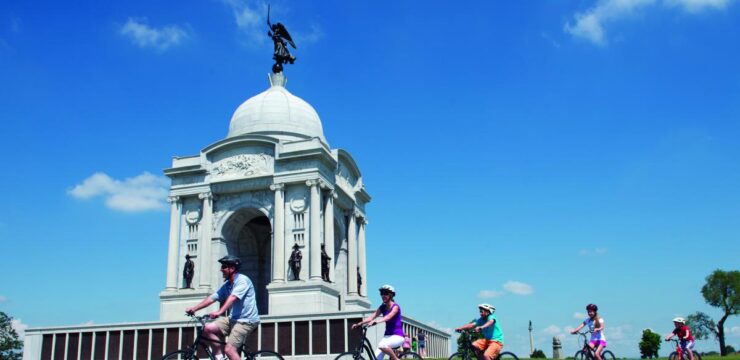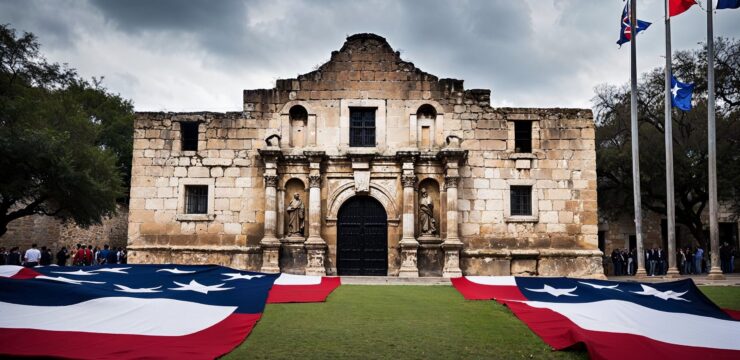As urban populations continue to rise, the demand for sustainable cities is becoming increasingly urgent. Modern urban planning is focusing on integrating green solutions to create eco-friendly, efficient, and self-sustaining urban environments. Here are some innovative ideas that could shape the future of sustainable cities:
1. Smart Energy Grids
Future cities will rely on smart energy grids that optimize electricity consumption by integrating renewable sources such as solar and wind power. These grids use AI and IoT to balance energy supply and demand, reducing waste and improving efficiency.
2. Vertical Farming & Urban Agriculture
To address food security and reduce transportation emissions, sustainable cities will incorporate vertical farms and rooftop gardens. These urban farms use hydroponic and aeroponic technologies to grow fresh produce locally, minimizing land use and water consumption.
3. Green Buildings and Self-Sufficient Homes
Eco-friendly architecture will play a crucial role in sustainable urban development. Buildings will incorporate energy-efficient designs, green roofs, and materials that reduce carbon footprints. Homes will generate their own power through solar panels, wind turbines, and even kinetic energy from residents’ activities.
4. Autonomous and Green Transportation
Future cities will phase out fossil-fuel-based transportation in favor of electric, hydrogen-powered, and autonomous vehicles. Smart public transport networks, such as hyperloop systems and electric buses, will reduce congestion and lower carbon emissions. Additionally, pedestrian-friendly infrastructure and cycling networks will encourage sustainable mobility.
5. Circular Waste Management Systems
A zero-waste approach will be central to sustainable cities. Smart waste collection, recycling, and composting systems will be integrated with AI-powered sorting technologies. Biodegradable packaging and reusable materials will replace single-use plastics, while waste-to-energy plants will convert organic waste into electricity.
6. Water Conservation and Smart Water Systems
Future urban centers will utilize smart water management to optimize consumption and reduce waste. Greywater recycling, rainwater harvesting, and desalination plants powered by renewable energy will ensure efficient water use. Leak-detection sensors and AI-driven analytics will help prevent water loss.
7. Biophilic Urban Design
Nature-integrated city planning will prioritize green spaces, vertical forests, and urban parks to improve air quality, reduce heat islands, and promote biodiversity. Cities will adopt nature-based solutions, such as permeable pavements and green corridors, to enhance resilience against climate change.
8. Resilient Infrastructure and Climate Adaptation
Sustainable cities will invest in resilient infrastructure capable of withstanding climate-related challenges such as floods, extreme heat, and rising sea levels. Floating structures, modular urban planning, and energy-efficient cooling systems will be essential for future urban resilience.
9. Decentralized and Community-Driven Energy Production
Instead of relying on centralized energy production, cities of the future will encourage localized energy generation. Neighborhoods will use microgrids powered by community-owned renewable sources, ensuring energy security and reducing dependency on large-scale power plants.
10. Smart City Governance and Citizen Participation
Technology-driven governance will ensure efficiency and inclusivity in decision-making. AI, blockchain, and data analytics will optimize public services, while digital platforms will enable citizens to actively participate in urban planning and sustainability initiatives.
Conclusion
The future of sustainable cities lies in integrating innovative technologies with eco-conscious urban planning. By prioritizing renewable energy, green infrastructure, and smart governance, these cities will pave the way for a healthier, more sustainable future for generations to come.

